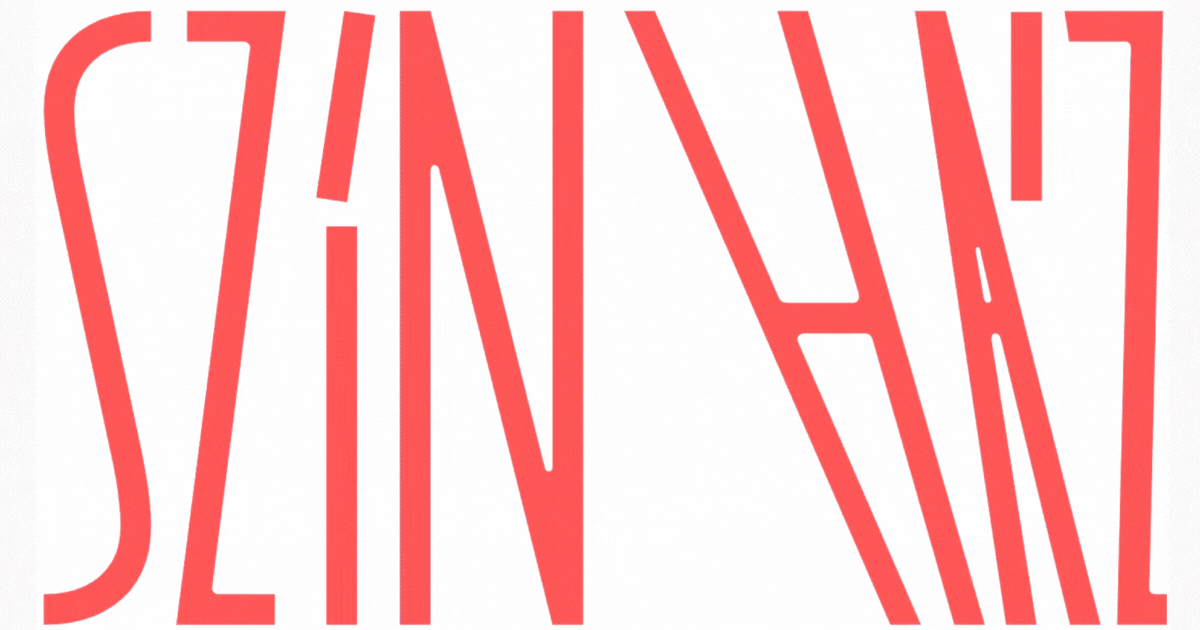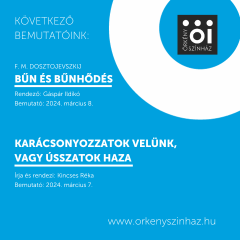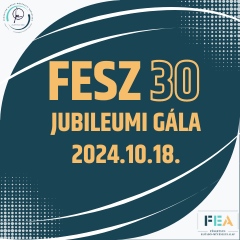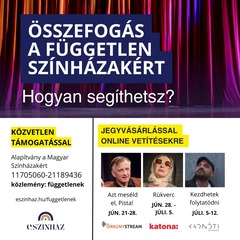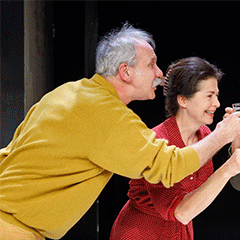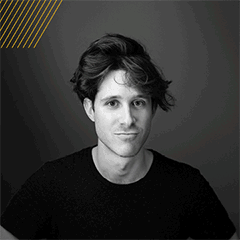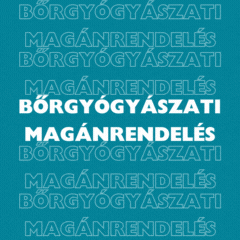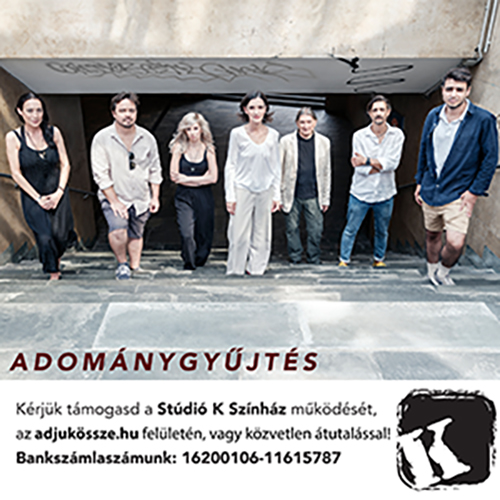I believe in discomforting myself
In our upcoming project of American – Hungarian collaborations we would like to deal with the problem of how to approach the question of PC (political correctness) when it comes to the performing arts? More and more debates are centred around ”diversity” and how diversity appears in the performing arts: who are the performers, directors, writers? What about representation? How can we reconcile aesthetic freedom and the ethical need for diversity? Laszlo Upor talks with USA-based creators, theoreticians and university professors about these important, actual and difficult questions in our new series of interviews.
Mei Ann Teo, director/dramaturg/maker, Associate Artistic Director and Director of New Work at Oregon Shakespeare Festival, in conversation with Laszlo Upor, dramaturg, translator and University Professor from Budapest
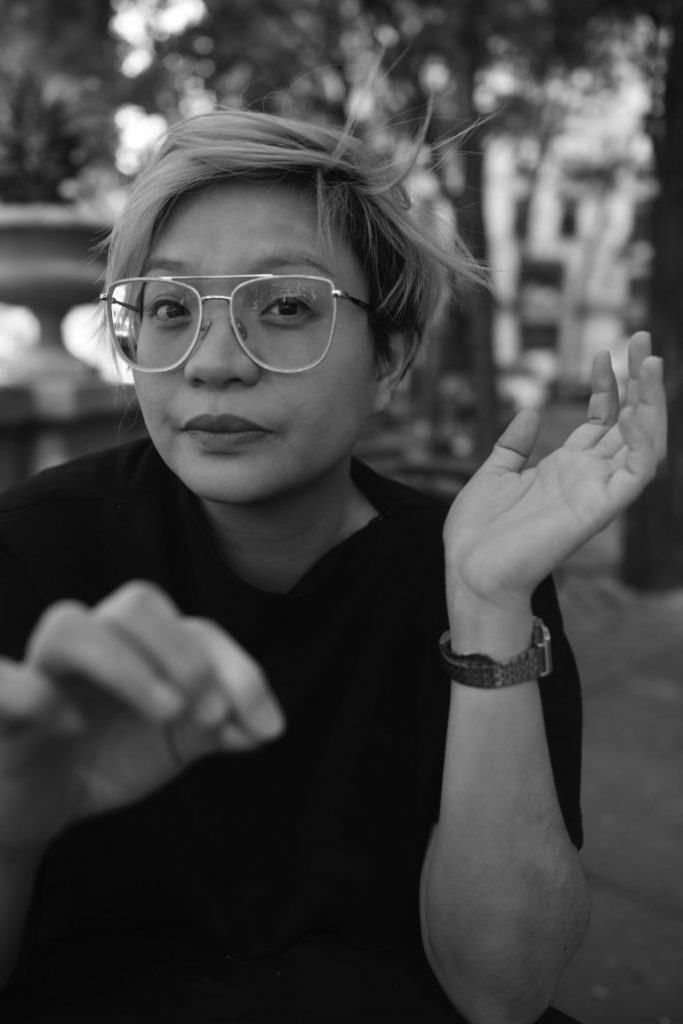
Mei Ann Teo. Photo: Michael Kushner
– Pictures and videos of your productions suggest that your work is very physical and visual – which isn’t always the case in American theatre. Is that partly because of the Asian background?
– I come from a colonised country. My mother tongue is English. So, it has been a journey, different lines of study informed my work as an artist. My training comes from documentary theatre and making ensemble theatre. There is a lot of Grotowski and Stanislavsky in my early training. And I also trained in Noh and Kyogen. Anne Bogart and the SITI company with Viewpoints and the Suzuki method have been massively impactful upon me, and I also studied with Dijana Milošević and with Romeo Castellucci. I understand things through image very much. I long for the mystery that opens into something that we did not understand before. So, I don’t tend to work with plays with a couch. If there is a couch, I usually get rid of it.
– I would love to see your Chekhov.
– I did The Seagull with no props at school. Whenever they held up a seagull there was nothing there, but everyone knew that that was a seagull. Chekhov was one of those authors who helped me understand why I do new work. And also challenged that. I have always made together with people. When you devise as an ensemble, it is live, active authorship that is current and present in a way that a body is breathing, here and now. That’s not to say that doing classics is not that. I remember railing against having to do Euro-centric classics. Then I happened to stopover in Korea for 24 hours, and at 3 am found myself in a barbecue restaurant with my friend’s friends who were doing The Seagull, and without a shared language we talked about Masha. We talked about Trigorin. And there was this beautiful connection about art that happened in Korea with my colonised Singapore self and their South Korean selves over this classic. And I thought, how beautiful, I get it!
– I wonder how and where we can find the Chinese or South American author that would speak the same way to everyone? How could we explore and teach each other: “Hey, there is someone with the insight or sensitivity who could be just as universal as, say, Chekhov”. I’m sure that we could find those treasures and make them available all around the world, but I don’t see the attempt.
– I think there has been, but we (the dominant culture) are so ensconced in what we know. I am the Director of New Work at the Oregon Shakespeare Festival. Artistic Director Nataki Garrett is an incredible visionary, a black woman who hired three immigrants, who actively work in translation and adaptation, as her associate artistic directors. There is no other theatre in all of America who can say that. And what that means is that the conversation that we are having about translation and about what is being translated and what isn’t, about everything really, is a very different conversation. So, I’m actually really interested in looking at, for instance, early African American work. An example: In Dahomey, which is the first black Broadway musical from 1903, is minstrelsy. No-one does that anymore, for good reason. What does it mean for an experimental black artist today to look at minstrelsy? What does that mean for us to do that? So, I’m interested in how we think about the classics and how we relate them to this moment in a way that it isn’t about orientalism, exotification, about how different we are? I’m rather: how do we really understand more about someone else and reflect upon ourselves at the same time. There are some amazing artists who are doing that, and I’m building a program that does that with more rigour and consciousness.
– How should we rewrite the very Eurocentric history book? Or, in America, the very North-America-centric history book. How can we, eventually, learn about each other’s history? Or, rather, about our common history. You cannot just jump over several hundred years of misconception and the lack of fair representation, and say: ok, NOW we know everything about the global whatever. Also: what should a small nation like ours do where we don’t have that wide range of ethnicities? If we, in Hungary, produce a play with Asian characters, with African characters… well, we don’t yet have Asian Hungarian actors. How would you feel, when you come to Budapest and see a play that is about Asian characters and all you can see on stage are white-bodied Hungarians? Obviously not pretending they are Asian. They just don’t bring that story in their bodies.
– I’m so interested in this. Some time ago I wrote an article: Whose story is this to tell?(Context, Intent, Impact). That is very important to me. Because I’m not interested in rules per se of “don’t do”. I’m not interested in that rule. I’m interested in the “why?” and I’m interested in “what now?”. Partially because I come from Singapore, and I work a lot in China, where there’s a lot of “don’t dos”.
– We, in Hungary, have a long history of “don’t do” …
– I’m not interested in hard-line rules of what anyone can do or not do. I advocate for humanity that is conscious of the interbeing that we exist in. I think because that is my religion, or ethos…I understand that what I do affects you, that you are part of me, that I’m conscious and that I actually give a shit about it, that I care about it. So, the fact that my actions mean something is important to me. That’s where I start from. And so, freedom to me is related to my interbeing. I think that if I go to Hungary and I see yellowface, I’m interested in why. There are a lot of rules in the US right now. Absolutely no blackface, absolutely no yellowface, absolutely no redface. Because in the context of what has happened: the intent has been to dehumanise, and the impact has been dehumanisation. And I’m for humanisation, not for dehumanisation. So, I’m like, yeh, let’s not do that right now. And I’m rooting for the artists making the moves towards humanisation.
– I remember that famous-infamous Wooster Group production with blackface[1]. And with not little irony. Many people were taking offense. But of course, it wasn’t “that” blackface – it was the opposite. We tend to walk into traps when taking everything on their face values instead of understanding the context and the intention behind it.
– Yes, and I will say this, too: What happens when the intent is different from the impact? Or the intent to be ironic is actually very harmful, because from your viewpoint of making it ironic there is absolutely no care in understanding what that irony does. I will pick compassion over irony, understanding and empathy over irony every day, because what is the irony intending to do? What is it doing? That’s something I want to challenge.
– In many cases irony is there to shave the melodramatic layers off a topic that’s been discussed several times. People would just hear the title, a certain name or a certain topic, and get emotional immediately without even thinking, without having a true emotion – because they know: “oh this is something that should make me sad”, and they don’t really see the object. And irony very often, in my view, very often serves to shave that layer off. Help people to see things for what they really are. But, yes, very often it could be offensive. And people can get hurt without my intention.
– What does it perpetuate and what does it dismantle? I’m interested in that. And if that irony dismantles something, let’s go. Let’s go! But if it’s perpetuating something… And of course, there are people, who go: “Oh you just don’t get it”. That’s the patronising, patriarchal viewpoint that I’ve experienced: “Well, it’s irony you just didn’t get it”. Well, I actually get it but your intent to shift something just perpetuated the same shit. And that’s where, I think, we get caught in those arguments.
– Very often people, when trying to be funny, right after what they think is the “punchline”, warn you: ”just kidding”. Do you think that – in our everyday life or in our art – we need that warning: “Listen, this is meant to be funny, I’m not serious” Do we really need that?
– The beauty of our life is to be able to connect to other people with honesty and intimacy. And it’s so beautiful when we don’t have to say “just joking” because what that means is that we’ve reached that level of intimacy where we understand how to make jokes with each other. That’s the most intimate thing you can do. It’s so beautiful! The question is how we get there. As we get to know each other, I’m like: great, he gets it, ok, cool-cool-cool. And there’s less need of that. But I think that it comes from the process in which I actually want to connect with you. I want to have an intimacy with you where we can joke together. Now, if we are against the process of getting there, then it’s always about: you’d better come over to my side to where I am, and you’d better know that that’s a joke.
– I agree. I totally agree. On the other hand sometimes it could just break the ice. It’s always about constant feedback and “trial and error”. As in: “Oh so, she didn’t get it, sorry, I made a mistake. Probably I don’t need an explanation, but I should try a different way”.
– I like the way you put it: “ok, that didn’t work, ok, let’s try that”. I really love that, because I feel that sometimes people say: “Let me throw that at you! Oh, you didn’t get it!”, and they walk away. And that’s the world we live in often. The idea of “oh, did that work? Let’s try this” has a playfulness that follows the desire to connect. And I love that. It’s not like: “Oh, now, are they gonna hate what I say”. I know that you’re a human being and I’m a human being and we can find connection no matter what. That is actually what I long for. And I feel that’s the thing, and also everyone is a teacher. My ten-year-old nephew, when he was 5, he was my teacher. I learned a lot from my little nephew. When he was screaming in a tantrum rage, I was like “that’s how I feel”, I understand that, you know. Thank you for teaching me. I had forgotten that rage, that’s why I’m such an asshole sometimes! Because that rage is part of how I feel.
– When my daughter was born, I still studied at the University of Theatre and Film. Soon I started telling my acting student friends, you must have a child because you’ll learn the primary reactions from them. Babies and toddlers are not biased, they are not “ready”, they just react to impulses, and you will realise that there’s no such thing as one single reaction to one action. You want to learn because you are curious. I mean, what is the point in just looking into the mirror 24 hours a day and watching your own face? You know that already.
– I’m relatively newly in love. And what this has taught me: not only do I love learning about my love and all the complexities she has, but I’ve also learned a lot about myself. So, I know what you mean. I’m so bored with myself. I’m also a mystery to myself. You talk about these reactions and I’m like, how am I feeling this way. I sometimes don’t know either. The most beautiful thing is that I have no idea what I’m going to say to you next. And also, there are lots of things I often say. So I kind of know but don’t actually know, because I don’t know where we are going to go next. And I love that. Because you are making me at this moment. Because I’m responding to you, and we’ve never had this conversation before.
– Is there any difference between your responsibility in communicating as a civilian or as an artist? Does your responsibility differ whether you are with your love or with your actors?
– It’s a beautiful, challenging and profound question. (long pause)
– I wonder if you take different risks – if this is more accurate…
– What a great reframing… I might stumble through this answer. I have never been asked that question and I love that.
– I have never asked that question.
– When I think of my purpose as an artist, and my purpose I feel as an educator, and the purpose I feel as a leader, and a purpose as all that – I don’t think it’s that separate from the purpose I have with my love. And that is to be present, to be conscious, to be awake, and to figure out the better ways to love. And sometimes as a leader, as an educator I think about moving towards justice. And it makes me understand that my impulse of moving towards justice is actually my impulse towards love. The way in which I love my partner is how I love the world. How I love the communities around me. That it comes from the same impulse. I never really understood that. The same way that I think about: what does this community need? The Asian queer community, that’s one community I belong to. What does this community need? What are we hungry for? That same way of loving is how I can look at my partner and say: what do you need right now? And the same way that I can practice self love. What do I need right now? Because if I don’t do that for myself, I can’t do that for her or for them or beyond myself. So I think maybe the impulse extends all through any action. Any action within the home, the body, the mind and on any platform. Because I think that that’s the difference, right? Like, it’s a platform. It’s more public. But is the private and the public that different? Or why is it that different?
– You said that you are part of the queer Asian community. Why do you think it is so important to put those labels on yourself right at the beginning, right at the introduction? I read your profile and the first line says: queer Asian immigrant. Does that introduce you to other people in any ways?
– Hm… (long pause) I think that there is a particular perspective that being a queer immigrant from Asia brings. I think that it also sends out a call to others who are marginalised in similar ways and opens a door. I grew up in a very conservative Christian religion called Seventh Day Adventism and taught at a Seventh Day Adventist college, and they were, like: Well, we don’t really want to ban rainbow flags on your doors, but we’d like to encourage you not to, because it’s kind of against our religion. (laughs) And there were a group of us professors, who were like: No, we’re gonna put those rainbow flags on our door. And what that did was signal to students who, in a very particular society, were able to say: hopefully, I can have more intimacy with you because you are open to talking to me – when the society around them is saying that they are evil and blablablablabla. So, part of that is also a reach out, as in: Hi, there, come on in. Especially because I’m an educator and an artist who is about making rooms where folks, who might not have felt welcome before, could feel welcome in. So, it’s all linked to that. Would I like to exist in a world where I didn’t have those labels? I don’t need to be reduced to them. But I see them as expansive for me – not reductive.
– But it’s also a warning: “Hey, this is something you should know about me before you even approach me”. Normally, you are so many things, a great complexity – and this is all part of you. All the traditions, all the language, all the culture, everything is present in your gestures and in your presence and it feels strange: why pick those few particulars that for some others are strange, maybe eccentric, even “unwanted”. In brief: why put labels on yourself that other people would like to put on you – other people whom we don’t agree with?
– Because I think less about those people, and more about the people who need to hear that I exist. I think more important than queer Asian, or immigrant from Singapore, is where I work from. So I often use that language, too, that I work in the intersection of artistic, civic and contemplative practice. I usually tie that together. There is a poem that I love. “Some people when they hear your story, contract…”
– I remember. You quoted it in your essay.
– „some people/ when they hear/ your story./ contract. /others/ upon hearing/ your story./ expand./ and/ this is how/ you/ know.”[2] So simple. You contract, you expand, and you know… I let myself have the learning as opposed to judgement. So I think it’s always something we’re choosing. Are we choosing the learning or are we choosing the judgement? And I think that when I choose to label myself, I am learning and seeing what that means for me to be out in the world that way. In a way that was always silenced or hidden. So I’m actually learning to say: Oh what happens now? What happens that I’m open now? I just choose the learning. And people can choose learning or judgement, that’s on them. I have no power over that. Because they’re going to do that no matter what my bio is.
– You don’t like “don’t”, you want to know “why”. Still,do you see any “red lines” in your educational work, in your creative work in your civil life? Is there a point where you say: “No! You must never cross that line, or I’ll ban you, I ask you not to”?
– Yeh… Like, why do we perpetuate racism and sexism? Let’s not do that!
– Sure. But that’s a principle. Simple, right?
– That’s what I mean. The line is: Wow, that really perpetuates racism. Now…
– Yes, but who is there to say when?
– Well, I think that all of us have to. I think that all of us should have our own growing and learning with how we are in the world. And whatever we are as conscious beings. How are we relating to that? So that’s the line I take. If we are continuing to be unconscious for the sake of blank-blank-blank and applauding oppressing systems, then I’m, like: Yeah, let’s not do that, let’s drop that. So to me it’s really about looking at the systems at play. And interrogating them. It’s about understanding the context that we are in. Can we understand what is harming and what not? It’s always going to go back to: let’s dig deeper and let’s understand that and come to more understanding of what is happening in that moment, rather than “well, I draw the line at …”. All those places where I’ve worked have been heavily censored and I’m living in a country now where there is absolutely no responsibility to facts and science and truth at all.
– If the end of the world is closing on us, then it’s partly because of this.
– So here we are, right? Maybe we need to ask ourselves: what is being censored and what is censorship? And, of course, the minute when a book is banned, the sales go up. So, can we actually squash the truth? And how scary is that if we’re trying to squash information that is killing people because of ignorance or because of all of that, and where do we draw the line of who’s ignorant and who is not? And everyone is calling each other ignorant and… It is truly at a fever-pitch. I do feel like we have reached a point of insanity here in the US at the moment. But I think that this is a major problem of the world that we lost the importance of and contact with facts.
– There is a dialogue going on if theatre or school should be a safe environment. And how do we define “safe” after all?
– One of my students taught me: “no safe place, only brave space”, which I think is beautiful and helpful. And one of my favourite artists, Michael R Jackson who won the Pulitzer Prize for A Strange loop, quotes director Robert O’Hara’s credo for when people come to his plays, “Everyone is welcome and no one is safe”, because that’s how Michael approaches his work as well. And I love both of those ideas. “Let’s welcome everyone AND let’s be brave.” Let’s do that. Because: safe for what, safe to whom? You know that adage is really helpful to me too: “Art is to comfort the disturbed and to disturb the comfortable”. Very helpful. The question then is: who is comfortable and who are the disturbed? Make your choice! Because that is where we talk about safe. Who is safe? What is safe? If people who experience violence and danger outside the theatre could be safe in the theatre, could be comforted in the theatre, then I am thrilled. And if people who are very safe outside the theatre and have all the privileges of being safe in all the ways are then disturbed in the theatre: Hallelujah!
– If we are all safe from misunderstanding, if we are safe from being scared, safe from being shocked, then there is a very good chance that we are not beginning to think outside of our bubbles, outside of our comfort zones. And I wonder if theatre or film – art in general – should be subversive. A point many people make is that our duty is to create subversive art.
– I absolutely agree. So, what are we subverting? That’s the question I have. So, if you are continuing to perpetuate a deep violence that is gratuitous, you’re not subverting anything, you are perpetuating it. It might shock the body but that’s just gratuitous titillation. What is really subversive? In this moment? In this day and age? Can we look at that? Let’s look at what’s dominant to subvert. And oftentimes “subversion” for instance, just equals yet another trans person killing themselves on stage. But that’s subverting nothing. Nothing at all.
– No, of course not. That’s just repeating the good old routine. But I mean really subversive. Jumping back to an earlier phase of our conversation – jokes should also be subversive, in my view. To push you out of your comfort zone. This is why I hate people telling me “Just kidding”. Because I think confusion and temporary (and I mean, temporary) instability helps you. Discomfort may be good.
– I live my life by practicing paradigm shifts. I love them. I love it. I love teaching because students teach me everything, right? I remember a student coming in and saying the word Anthropocene. The age of the Anthropocene. Now, I said: what the fuck is that? And she’s like, “That is the age in which humans have made enough impact on the earth that it will be irrevocably changed because of human activity”. Phuuu! Paradigm shift. I personally love that a new word taught me a paradigm shift. So, I’m like “Where can I destabilise next?” Oh-oh, and how do I learn that next thing? So I believe in discomforting myself. As a life AND art practice.
[1] In a highly non-realistic 1993 production of The Emperor Jones by Eugene O’Neill the title role – Brutus Jones, a black man – was played by actress Kate Valk with blackface. Willem Dafoe played the counterpart, a white trader, with heavily painted face, similar to a Kabuki mask.
[2]NayyirahWaheed’s poems are frequently quoted on social media platforms while not much known about the poet herself
